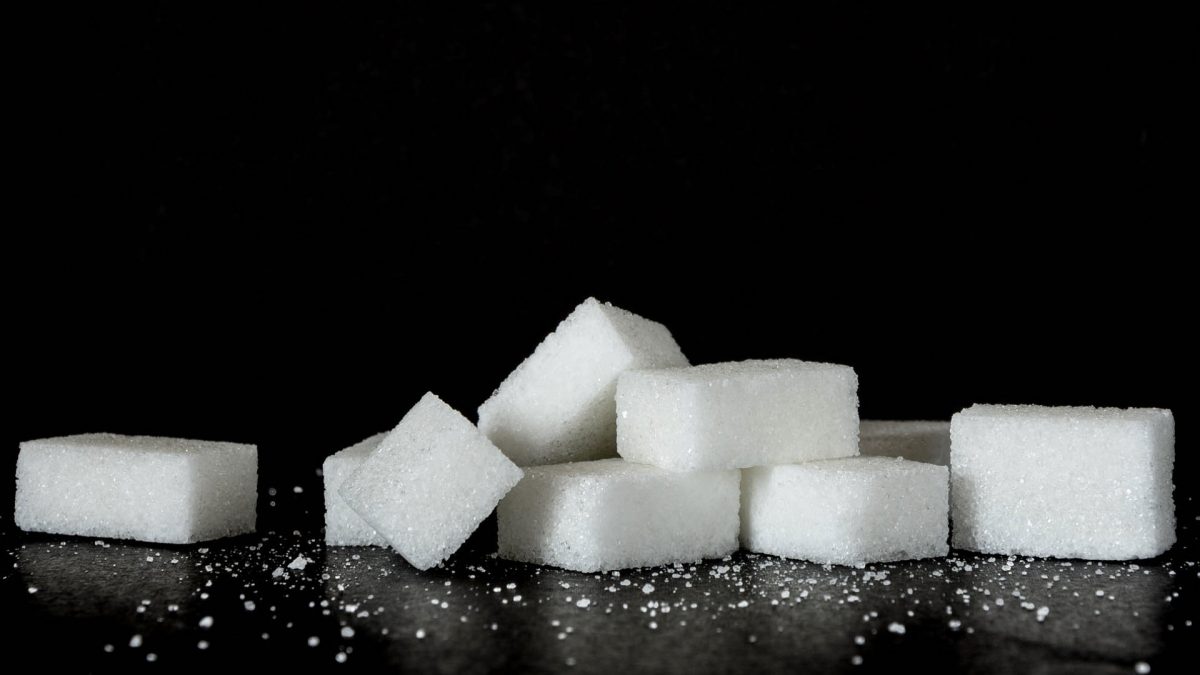
Sugar
Medical anthropologists have identified several major eras of human disease, starting with the Age of Pestilence and Famine to the stage we’re in now, the Age of Degenerative and Man-Made Diseases. In 1900 in the United States, the top-three killers were infectious diseases: pneumonia, tuberculosis, and diarrheal disease. Now, the killers seem to be largely lifestyle diseases: heart disease, cancer, and chronic lung disease. Is this because antibiotics allow us to live long enough to suffer from degenerative diseases? No. The emergence of these chronic disease epidemics seem to have been accompanied by dramatic shifts in dietary patterns, best exemplified by what’s been happening to disease rates among people in the developing world as they’ve Westernized their diets.
In 1990 around the world, most years of healthy life were lost to under-nutrition, such as diarrheal diseases in malnourished children. Now, the greatest disease burden is attributed to high blood pressure, a disease of over-nutrition. The chronic disease pandemic has been ascribed in part to the near-universal shift toward a diet dominated by animal-sourced and processed foods—in other words, more meat, dairy, eggs, oils, refined grains, soda, salt, and sugar.
In 1776, each American consumed about 4 pounds of sugar annually. That had risen to 20 pounds by 1850 and 120 pounds by 1994. Today, we may be closer to ingesting 160 pounds of sugar every year, half of which may be fructose, taking up about 10 percent of our diet.
Even researchers paid by the likes of The Coca-Cola Company acknowledge sugar is empty calories without essential micronutrients. Concern has been raised, though, that sugar calories may be worse than just empty. Mounting evidence suggests that, in large enough amounts, added fructose in the form of table sugar and high fructose corn syrup may trigger processes that can lead to liver toxicity and other chronic diseases.
Under the American Heart Association’s sugar guidelines, most American women should consume no more than 100 calories per day from added sugars, with the maximum for most American men being 150 daily calories. That means one can of soda could take us over the top for the entire day.
The World Health Organization recommends we reduce our added sugars, along with consumption of salt, trans fats, and saturated fats, because consumption of such foods may be the cause of at least 14 million deaths every year from chronic diseases.
For substantiation of any statements of fact from the peer-reviewed medical literature, please see the associated videos below.
Popular Videos for Sugar

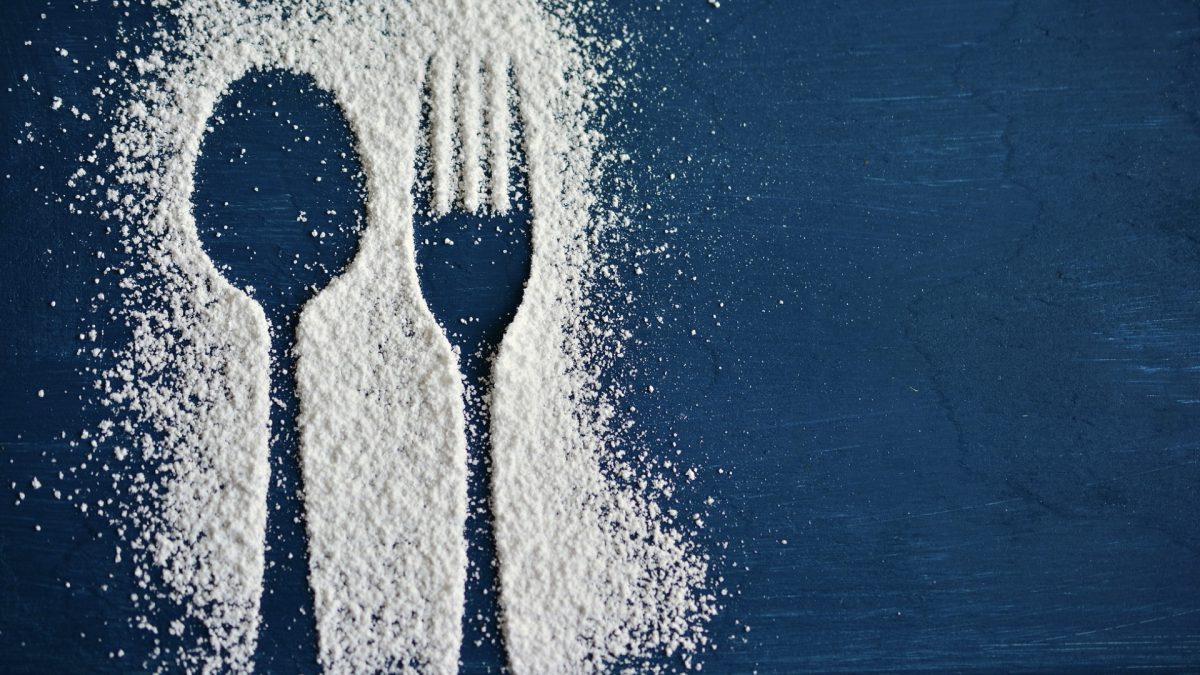
Does Sugar Lead to Weight Gain?
The sugar industry’s response to evidence implicating sweeteners in the obesity epidemic.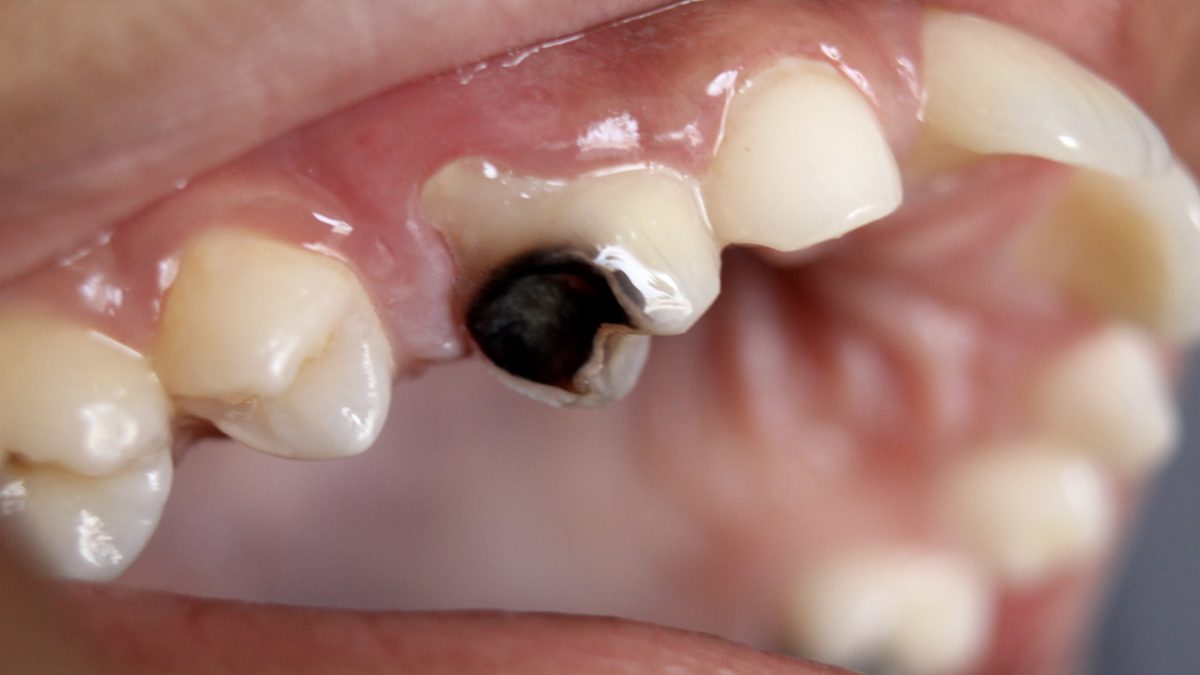
How to Stop Tooth Decay
If sugar consumption is considered the one and only cause of cavities, how much is...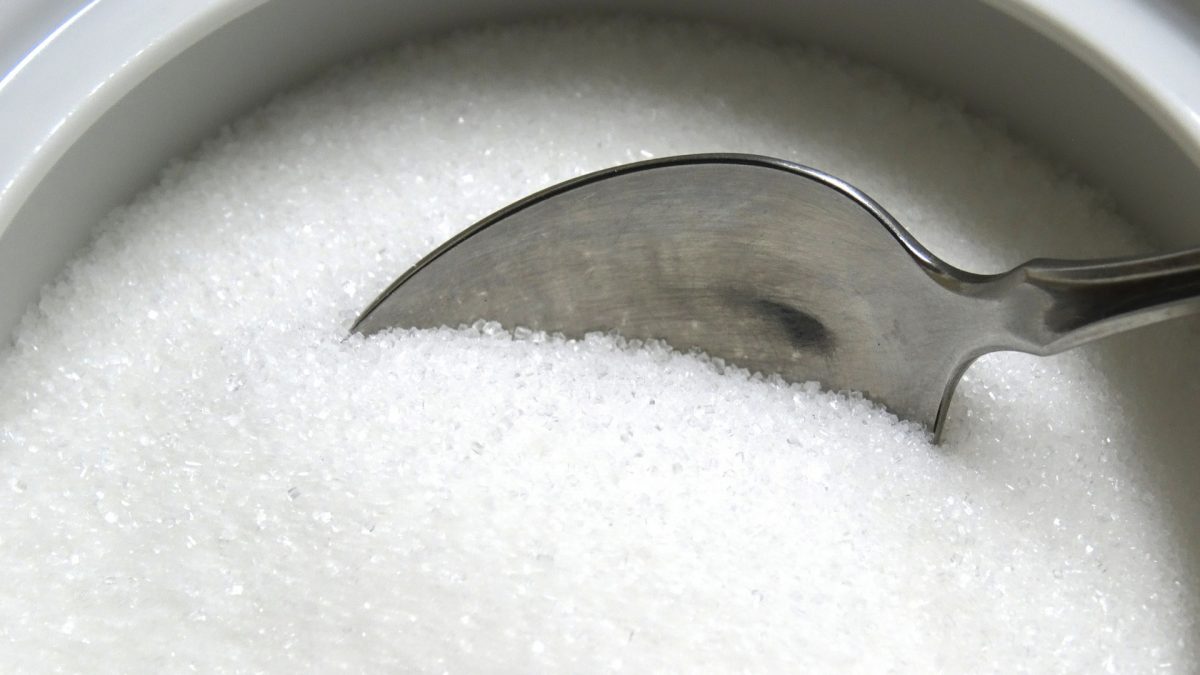
Sugar Industry Attempts to Manipulate the Science
How the food industry responds to “health food faddists."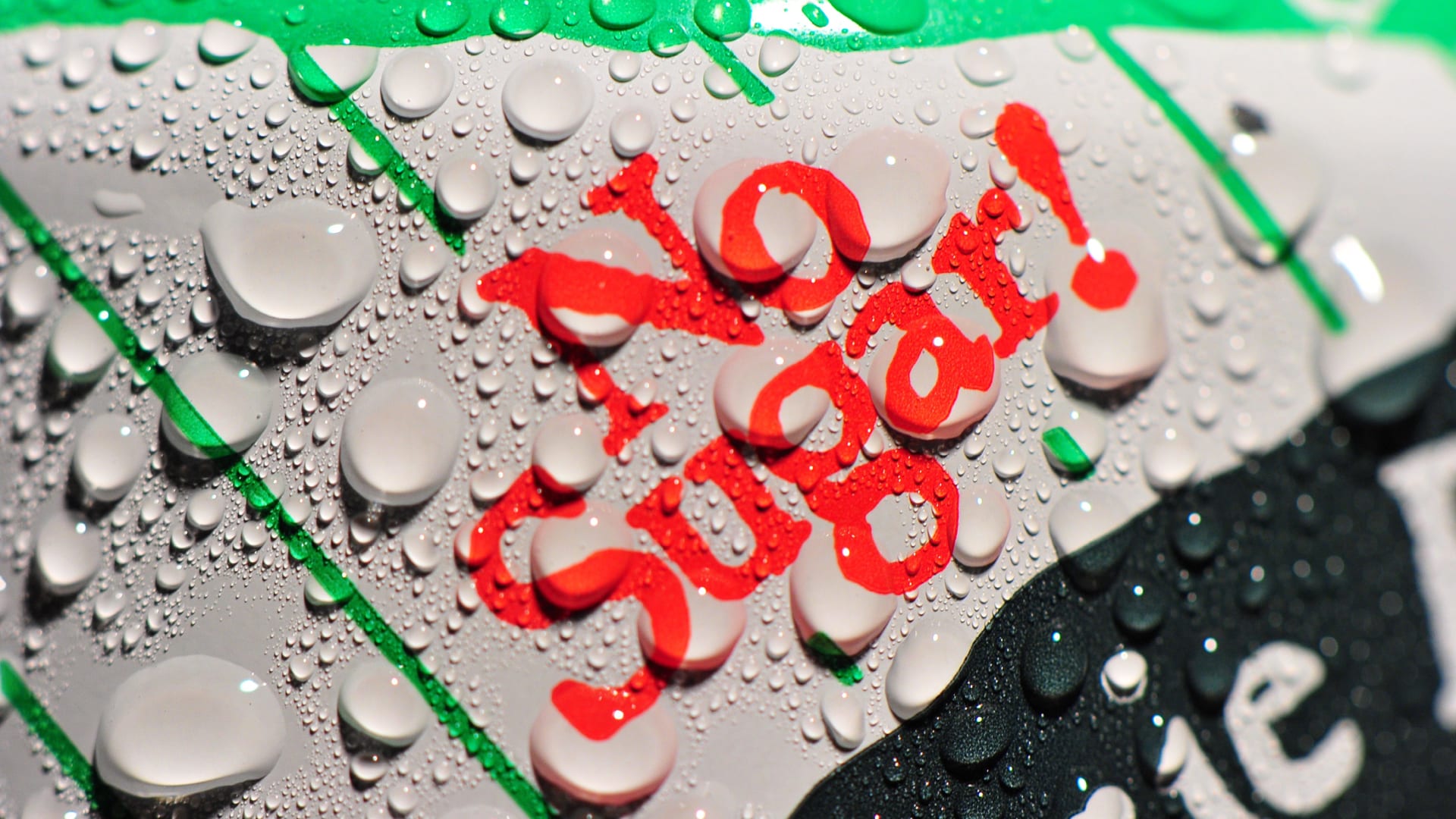
Does Diet Soda Increase Stroke Risk as Much as Regular Soda?
Sugar is no longer considered just empty calories, but an independent risk factor for cardiovascular...
Big Sugar Takes on the World Health Organization
What happened when the World Health Organization had the gall to recommend a diet low...
How Much Fruit Is Too Much?
Does the threshold for toxicity of fructose apply to fruit or just to added industrial...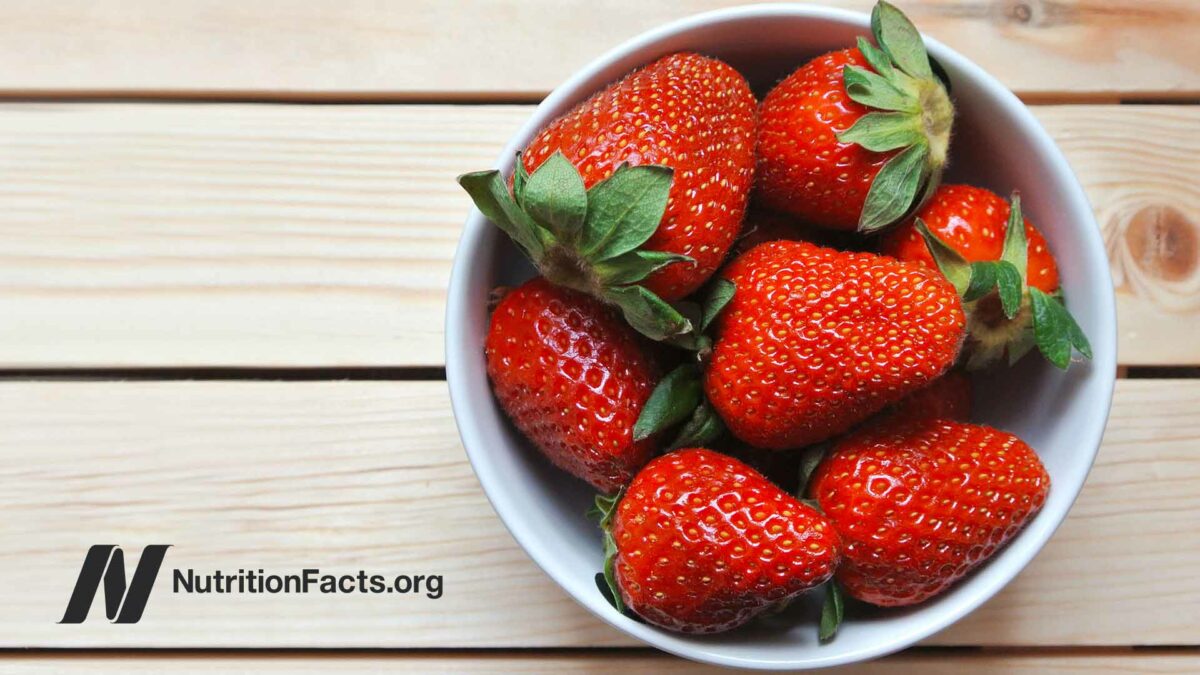
If Fructose Is Bad, What About Fruit?
Does the fructose naturally found in fruit and fruit juice have the same adverse effects...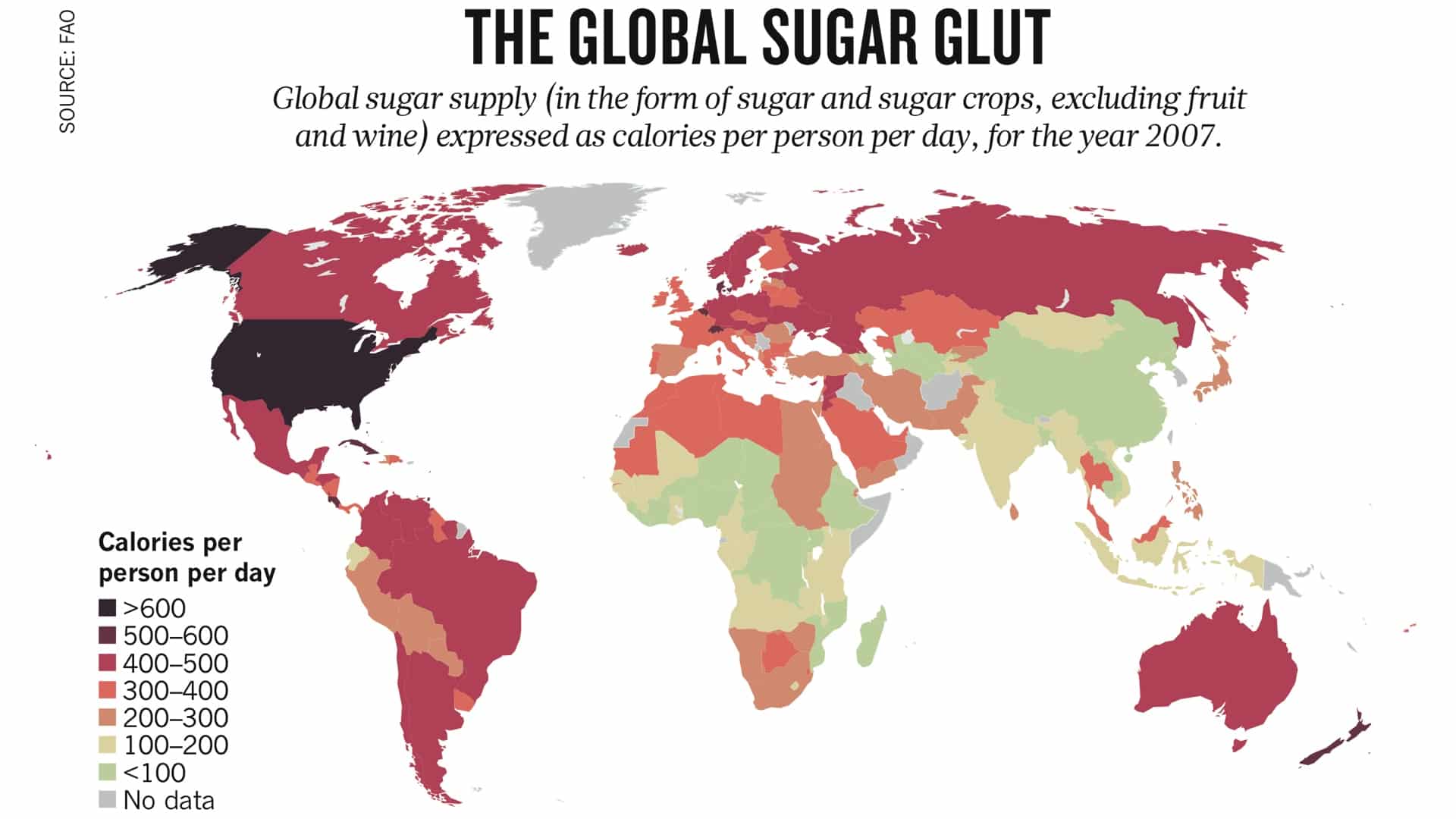
How Much Added Sugar Is Too Much?
Are table sugar and high fructose corn syrup just empty calories or can they be...All Videos for Sugar
-

How Bad Are Ultra-Processed Foods?
Are there aspects of ultra-processed foods beyond their nutrient profile that contribute to their deleterious effects?
-

What Are Ultra-Processed Foods?
How exactly is “ultra-processed” defined?
-

One of the Most Effective Single Pieces of Advice for Weight Loss
Complicated weight-loss programs can work, but what if we only had to focus on a single dietary change to get the same benefits?
-

Ultra-Processed Foods: Concerns, Controversies, and Exceptions
What is the role of ultra-processed plant-based products in the diet?
-

Where to Find Taurine and the Best Source
I compare the cost, convenience, and safety of various plant, animal, and supplement sources of taurine.
-

Mercury in High Fructose Corn Syrup
There doesn’t appear to be any difference between the negative effects of high fructose corn syrup and table sugar on body fat, blood pressure, blood sugars, triglycerides, or cholesterol, but high-fructose corn syrup did appear to be more pro-inflammatory.
-

Perceptions of Childhood Obesity and Diet Quality
One reason kids may not be eating more healthfully is that their parents vastly overestimate the quality of their child’s diet.
-

Obesity: Is a GLP-1 Deficiency Its Cause, and How to Treat It Without Ozempic and Other Drugs
What is a safer and cheaper way to lose weight than GLP-1 drugs?
-

A Plant-Based Diet for Weight Loss: Boosting GLP-1 and Restoring Our Natural Satiety Circuit
Why does our natural GLP-1 satiety mechanism fail, and what can we do about it?
-

How to Prevent Wrinkles with Diet
The evidence supports the recommendation to follow a whole food, plant-based diet for healthier looking skin.
-

Does Increasing Protein Intake Slow Age-Related Muscle Mass Loss?
Adding extra protein to the diets of older men and women is put to the test.
-

Diet and Caloric Restriction for Longevity—The Monkey Trials
How can we make sense of the disparate results from the four primate studies on caloric restriction and lifespan?
-

How to Get a Good Night’s Sleep Without Sleeping Pills
Taking less than just 18 Ambien-class sleeping pills in an entire year may triple the risk of dying prematurely.
-

The Benefits of Gum Chewing for Halitosis (Bad Breath)
Are any gum flavors better than others?
-

Is Spicy Food Good for You?
Those who eat spicy foods regularly tend to live longer, but is it cause-and-effect?
-

The Best Time to Exercise for Weight Loss
Burn off significantly more body fat exercising before meals, rather than after them.
-

Improving VO2 Max: A Look at Vegetarian and Vegan Athletes
Plant-based diets improve the performance of athletes and nonathletes alike.
-

A Case of Stage 3 Cancer Reversal with Fasting
I go over a case report of water-only fasting, followed by a whole food, plant-based diet for follicular lymphoma.
-

Update on Erythritol Sweetener Safety: Are There Side Effects?
Why are erythritol levels in the blood associated with higher levels of chronic disease?
-

How Much Erythritol Sweetener Is Too Much?
What are the maximum acute and daily doses for adults and children to avoid gastrointestinal effects?
-

Soul Food That’s Good for the Soul
The best of soul food’s origins are tied to the plant-centric West African diet.
-

Does Getting Enough Sleep Help You Lose Weight?
Even getting just one more hour of sleep a night may help with weight control.
-

The Fat-Blocking and Appetite-Suppressing Effects of Thylakoids
What is a natural way to cut down on unhealthy food cravings?
-

The Best Diet for Cancer Patients
What diet should oncologists recommend?
-

Erythritol vs. Xylitol for Preventing Cavities (Tooth Decay) – UPDATE: don’t eat! (See doc note below)
Both erythritol and xylitol are not just neutral, but beneficial for dental health. Which one wins out?
-

How to Avoid the Boomerang Effect of Remedy Messaging
How can mandating healthy eating messaging on fast-food ads ironically make things worse?
-

Using the Cigarette Tax Playbook Against Big Food
How might we replicate one of our great public health victories—the reduction of smoking rates—in the field of nutrition?
-

Is Allulose a Healthy Sweetener?
Are rare sugars like allulose a healthy alternative for traditional sweeteners?
-

Does the Sweetener Allulose Have Side Effects?
How safe are fourth-generation sweeteners, such as the rare sugar allulose?
-

The Best Diet for Healthy Aging
Swapping just 1 percent of plant protein in place of animal protein was associated with significantly less age-related deficit accumulation.
-

Conflicts of Interest in the Annals of Internal Medicine Meat Studies
The same person paid by Big Sugar to downplay the risks of sugar was paid by Big Meat to downplay the risks of meat.
-

Observational Studies Show Similar Results to Randomized Controlled Trials
How legitimate is the common corporate criticism of the scientific nutrition literature that the credibility of observational studies is questionable?
-

How Big Sugar Manipulated the Science for Dietary Guidelines
How did Big Corn Syrup and other corporate sugar titans hijack the scientific process?
-

How Big Sugar Undermines Dietary Guidelines
International Life Sciences Organization, a nonprofit, is accused of being a front group for Coca-Cola and other junk food giants.
-

Are the Health Benefits of Nuts Limited to Those Eating Bad Diets?
Do nut eaters live longer simply because they swap in protein from plants in place of animal protein?
-

Potassium Chloride Salt Substitute Side Effects
Healthy kidneys are required for potassium excretion. If you aren’t sure if you’re at risk, ask your doctor about getting your kidney function tested.
-

Foods to Help Protect Your Arteries from Saturated Fat
If you’re going to have something unhealthy, is there anything you can eat with it to help mediate the damage it may cause?
-

Saturated Fat Causes Artery and Lung Inflammation
What happens within hours of eating a high-fat meal?
-

Ultra-Processed Junk Food Put to the Test
What happened when ultra-processed foods were matched for calories, sugar, fat, and fiber content in the first randomized controlled trial?
-

IARC: Processed Meat Like Bacon Causes Cancer
How did the meat industry, government, and cancer organizations respond to the confirmation that processed meat, like bacon, ham, hot dogs, and lunch meat, causes cancer?
